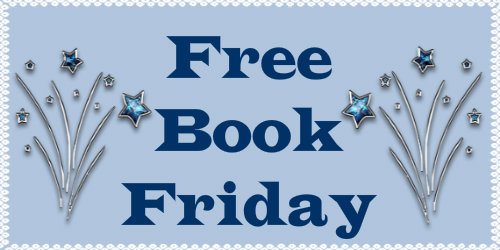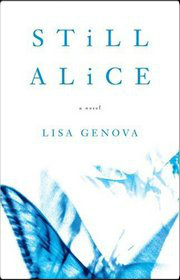The Good Thief by Hannah Tinti
Review Vicky T. (VickyJo)
There is nothing I enjoy more than a good book that pulls me into another time and place, and makes me forget to take anything out of the freezer for dinner! I love rich stories full of interesting characters, and so I thoroughly enjoyed “The Good Thief,” a first novel by Hannah Tinti.
We meet young Ren, a boy without a left hand, living in the orphanage run by the monks of St. Anthony’s. It’s bleak, cold, and comfortless. Ren doesn’t remember why or how he lost his hand; all he knows is that he is always passed over for adoption because of this handicap. People coming to the orphanage to find a boy need one who can work, and not bring bad luck to their family. Ren’s future looks frightening, as the army will be his only option when he comes of age.
But miracle of miracles, a stranger arrives one day, and chooses Ren. In fact, he claims to be Ren’s brother. And so begins Ren’s new life, with a family of sorts; Benjamin Nab, the alleged older brother, and his friend Tom, a former schoolteacher. It doesn’t take Ren long to realize that things are not quite what they seem; but he still hopes for answers as to his handicap, and his origins, and is content to be a part of a family, even one like this. The three are bound together by a strange combination of con artistry and companionship, and Ren knows he can hardly expect more.
As time goes on, Ren despairs of ever learning of his past. The men try con after con to earn money, selling snake oil, the teeth from corpses, and finally, entire corpses to a doctor who wants to dissect them, which turns out to be both dangerous and quite profitable. In the midst of this, Ren and his fellow grave robbers meet up with a chimney-dwelling dwarf, girls who work for a miserly rich man, making mousetraps in his factory, and one night, while digging up bodies, an assassin who has been buried alive, who becomes part of their ‘family’ once he has been unearthed and cleaned up a bit.
Ren grows accustomed to this life. When told by the doctor who buys corpses from them that Ren is smart and should go to school and study science, Ren briefly considers this. “These possibilities fanned out before Ren like cards on a table, then closed back together until there was only one option left. He was never going to study science; he was never going to be respectable. And he was tired of trying to be good. The best he could do was follow the path that Benjamin had showed him. He belonged to it now.” But, the question remains, for how long?
The narrative flows along as we follow the three on their journeys. The characters are finely drawn, and while not always likable, they are always fascinating. The author was obviously inspired by Charles Dickens and Robert Louis Stevenson: orphan boys, colorful characters, dramatic situations, and a pace that keeps you reading to find out what happens next. The Good Thief was the winner of the John Sargent Senior First Novel Prize, and named a New York Times Notable book, and given an Alex Award (Best Adult novel for young adults) by the American Library Association.








